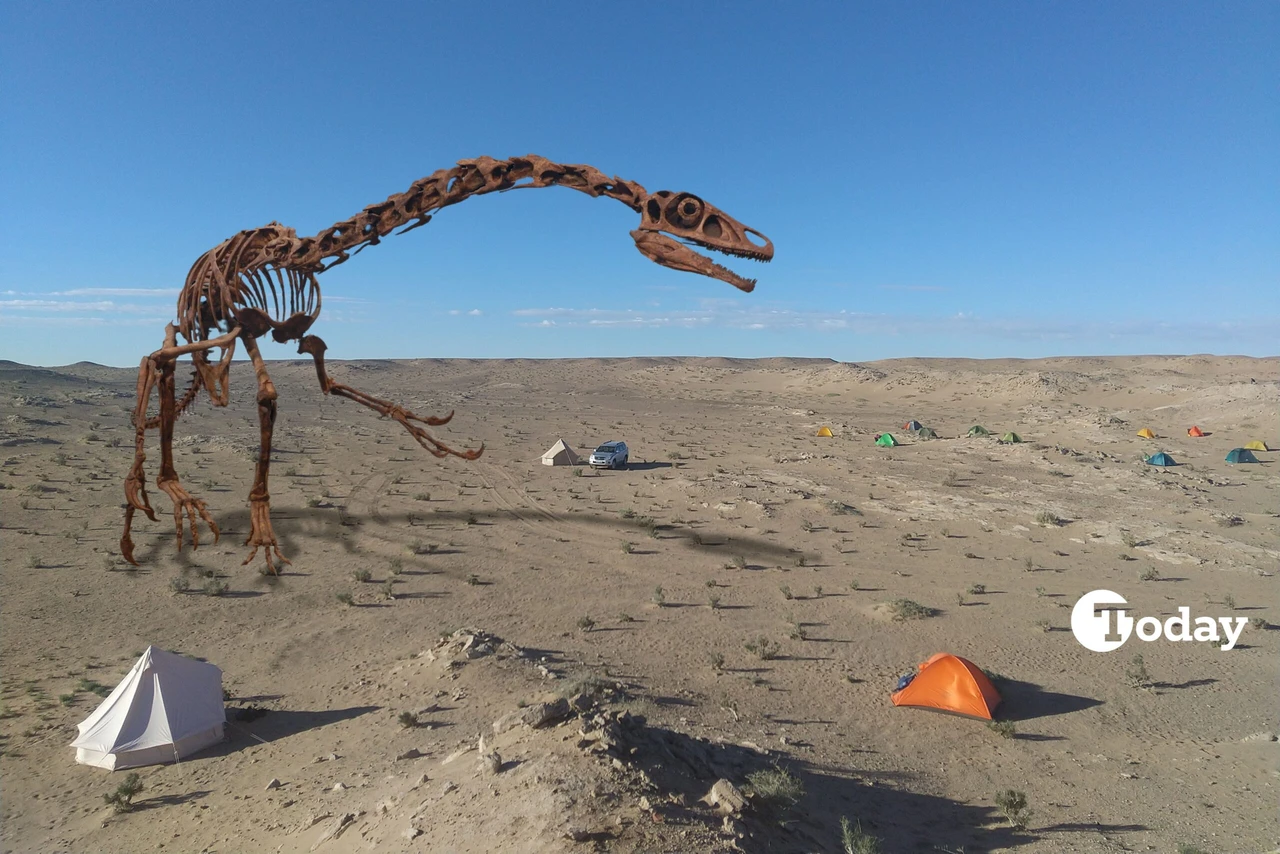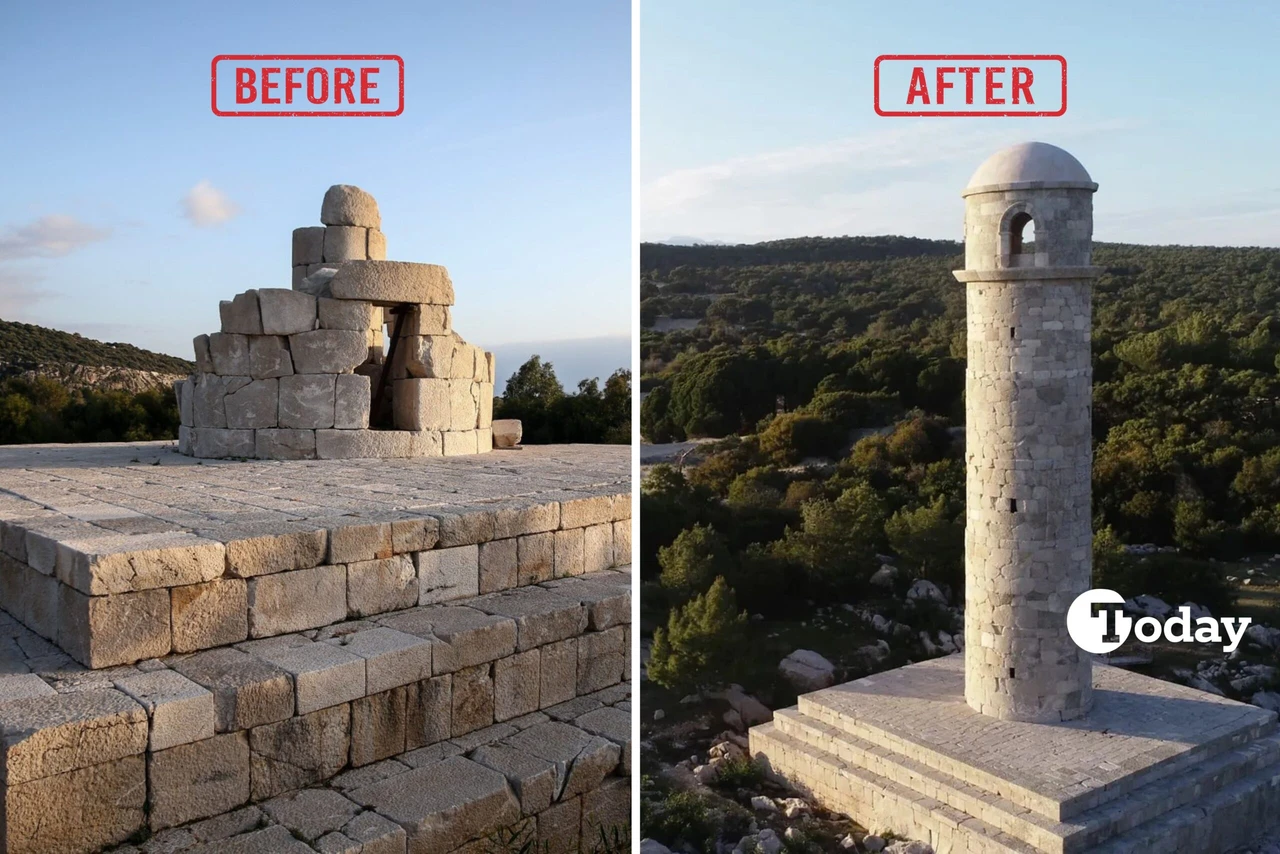New discoveries unveiled in Türkiye: Southeast Anatolia’s Neolithic period
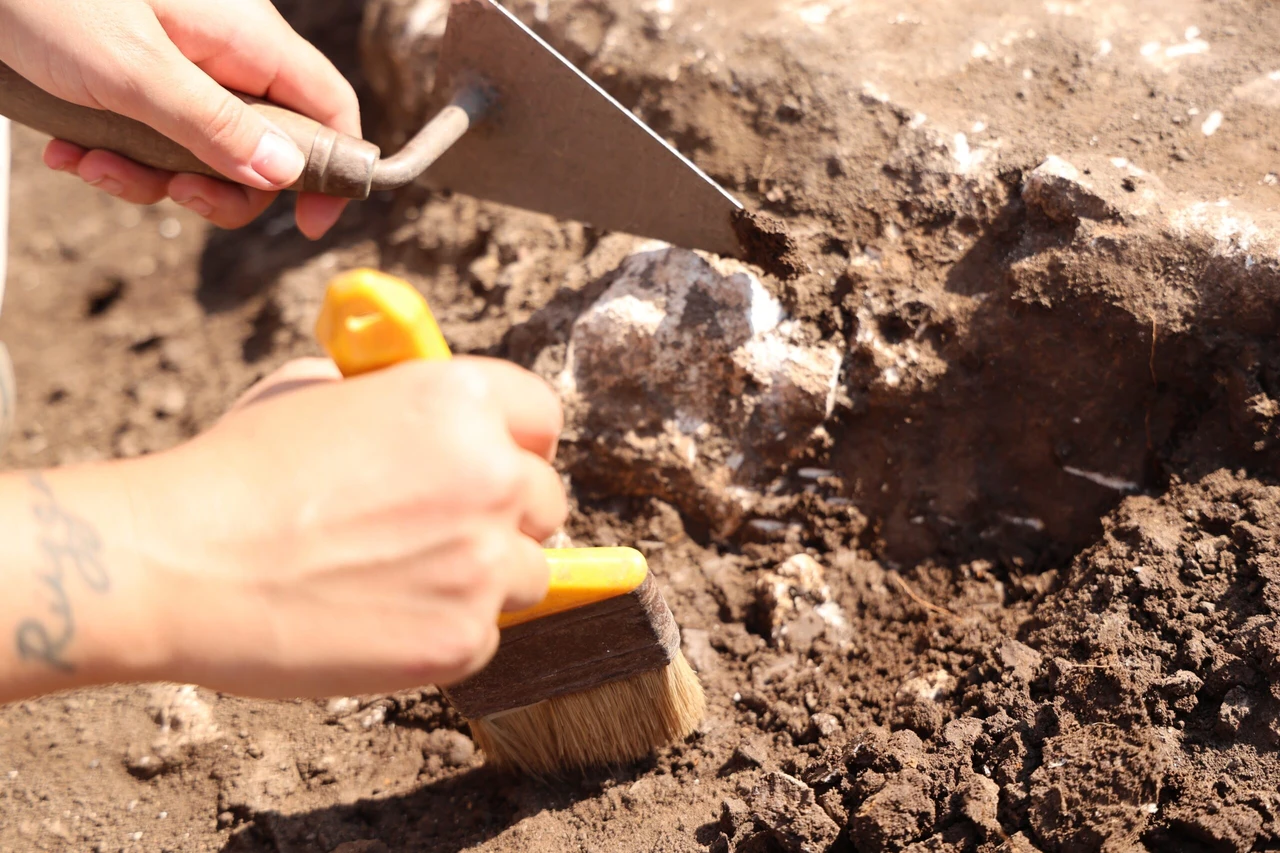 Archaeological excavations at Cayonu Tepesi, which bear traces of the Neolithic Period's transition from nomadic lifestyles to settled living and from hunting and gathering to production, are ongoing in the Ergani district of Diyarbakir, Türkiye, September 23, 2024 (IHA Photo)
Archaeological excavations at Cayonu Tepesi, which bear traces of the Neolithic Period's transition from nomadic lifestyles to settled living and from hunting and gathering to production, are ongoing in the Ergani district of Diyarbakir, Türkiye, September 23, 2024 (IHA Photo)
Ongoing archaeological excavations at Cayonu Tepesi (Cayonu Mound), a significant site in Diyarbakir‘s Ergani district, continue to unveil mysteries of the Neolithic period, which marked the transition from nomadic lifestyles to settled agriculture and animal husbandry. Research efforts that began in 1964 are shedding light on this pivotal era in human history, enhancing our understanding of early civilization.
Cayonu Tepesi, located just seven kilometers southwest of Ergani in the Southeast Anatolia Region, is renowned for its representation of the Neolithic period’s earliest settlements, dating back approximately 12,000 years.
As one of the most critical archaeological sites in both Anatolia and the Near East, it holds essential insights into the cultural history of the region.
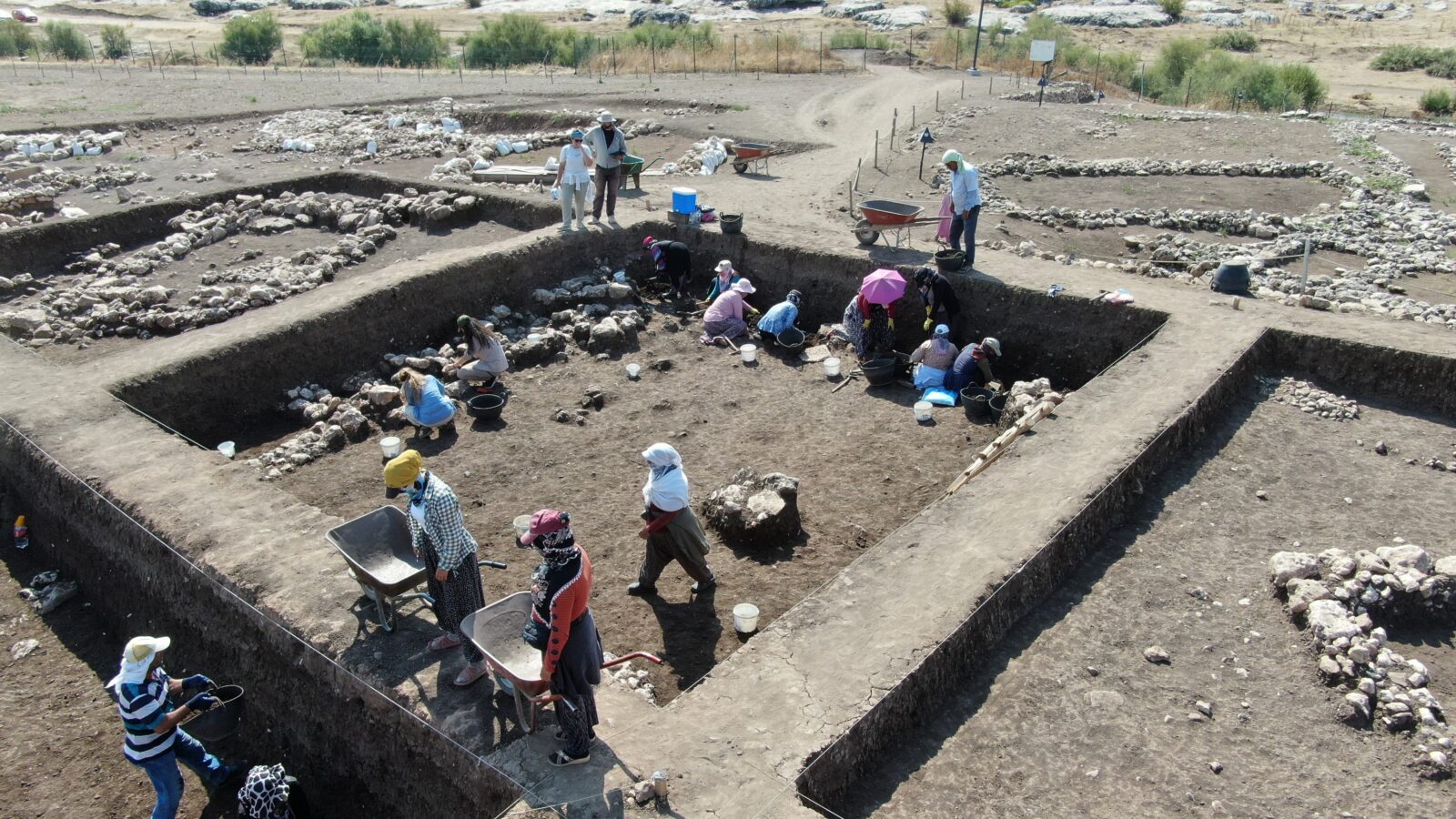
A legacy of research and discovery
The excavation project at Cayonu Tepesi was initiated by distinguished scholars, including Professor Halet Cambel from Istanbul University and Professor Robert John Braidwood from the University of Chicago. Following leadership by various experts, including Professor Mehmet Ozdogan and Professor Asli Erim-Ozdogan, the project has reached a new phase under the direction of Assoc. Professor Savas Sarialtun.
Professor Sarialtun emphasized the significance of Cayonu Tepesi, stating, “The site has been a focal point for archaeological study for 60 years, making it the longest-running systematic excavation in Southeast Anatolia.” He noted that numerous pivotal discoveries have emerged, including evidence of early human settlement, the beginnings of agriculture, animal domestication, and the world’s first known burial structures.
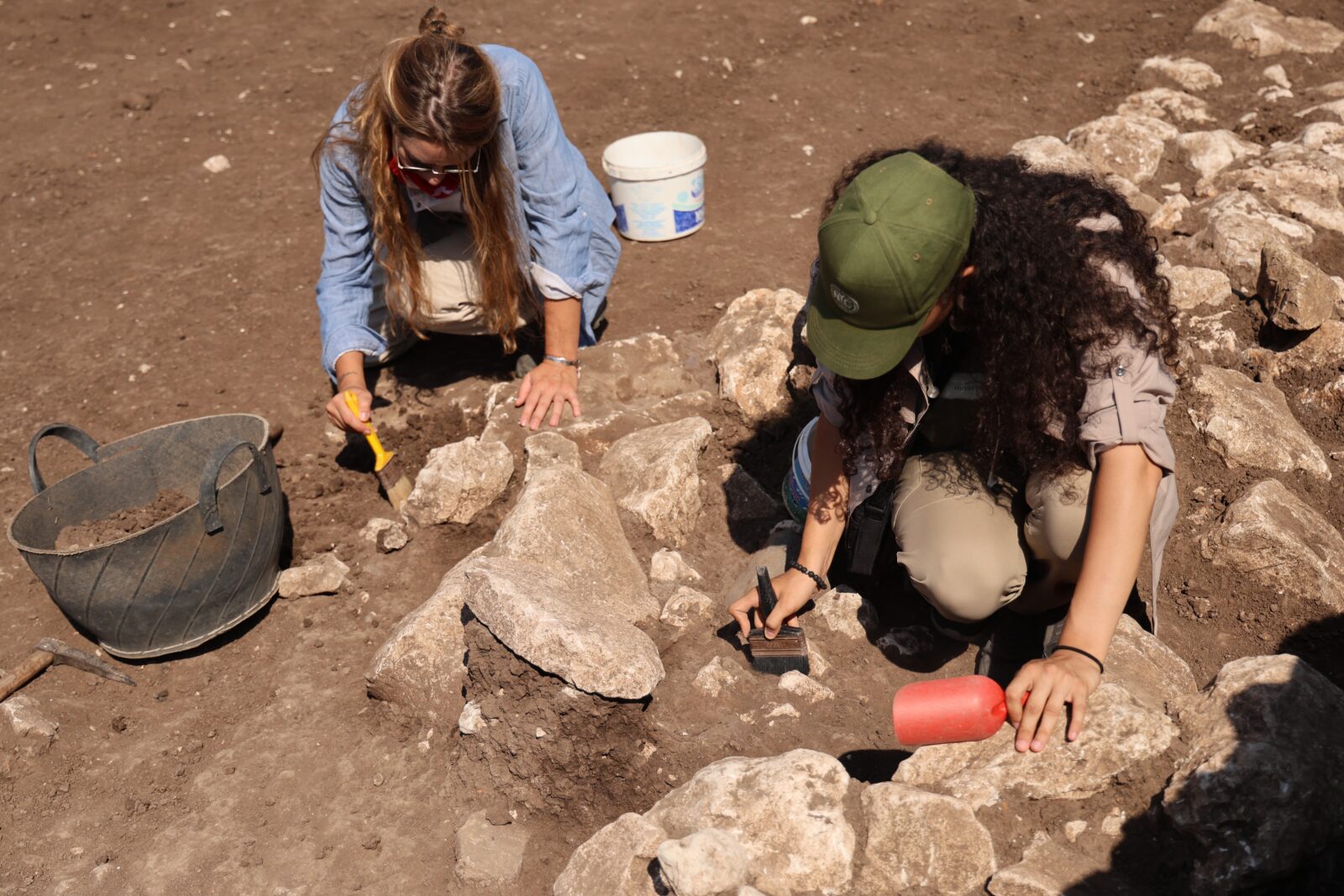
Cayonu as a future tourism hub
Professor Sarialtun predicts that Cayonu will become a major cultural brand in Diyarbakir, enhancing its reputation as a vital tourism destination.
He remarked, “Cayonu is a site of many firsts and innovations, and its potential for socialization and tourism integration is evident.”
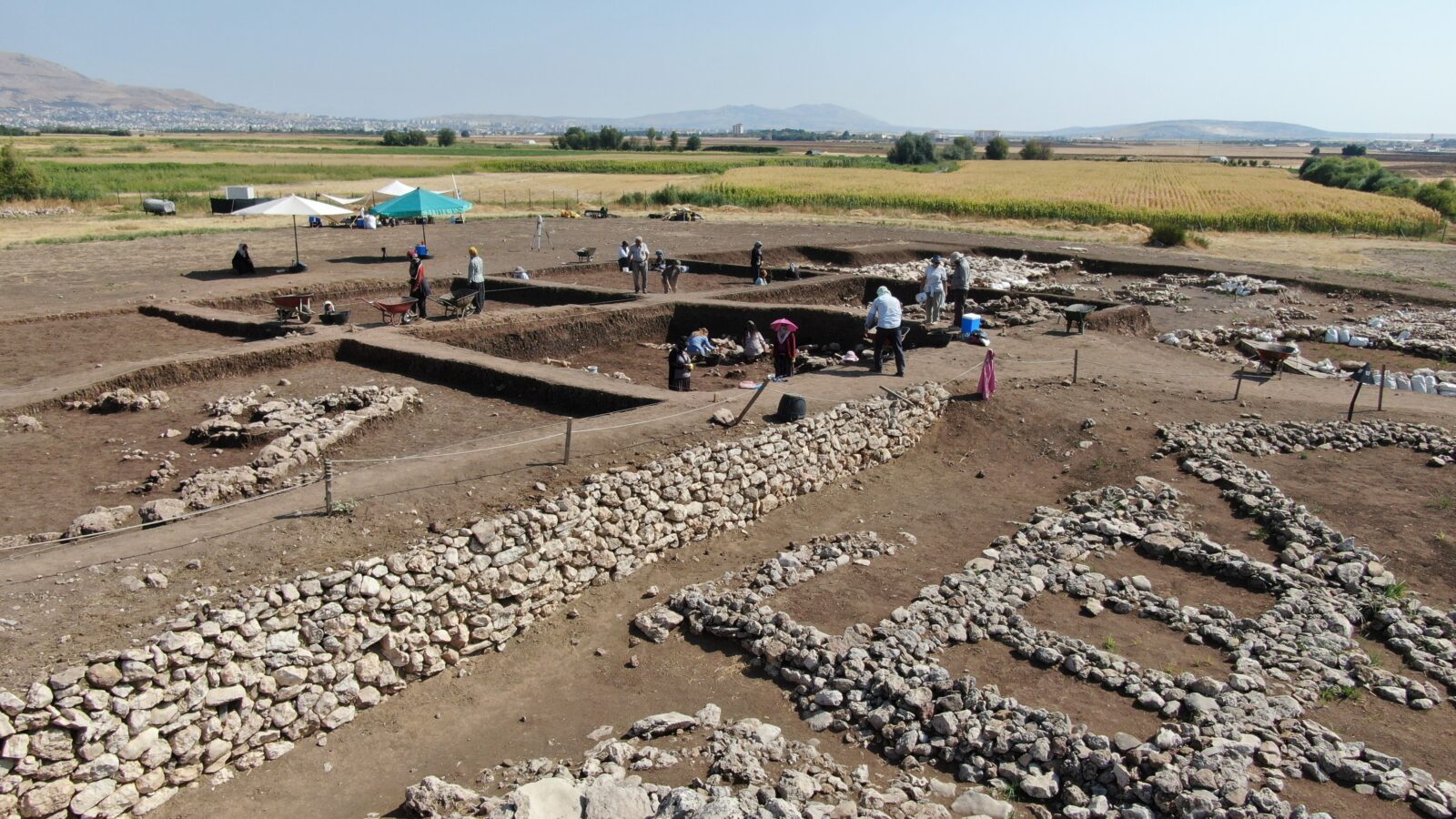
Insights into early cultures
Continuing the work initiated by previous leadership, Professor Sarialtun shared findings that indicate a rich array of cultural data dating back to 3,000 B.C. He noted that the excavation revealed a significant presence of Neolithic pottery in the northern section, shedding light on lesser-known aspects of this period.
“Our short-term excavation strategy focuses on exploring the intersections of cultures and mounds,” Sarialtun explained. “By identifying these cultural dissemination areas, we aim to transform the site into an open-air museum, continuing the narrative of Cayonu that began in 1964 while addressing unresolved questions about our past.”
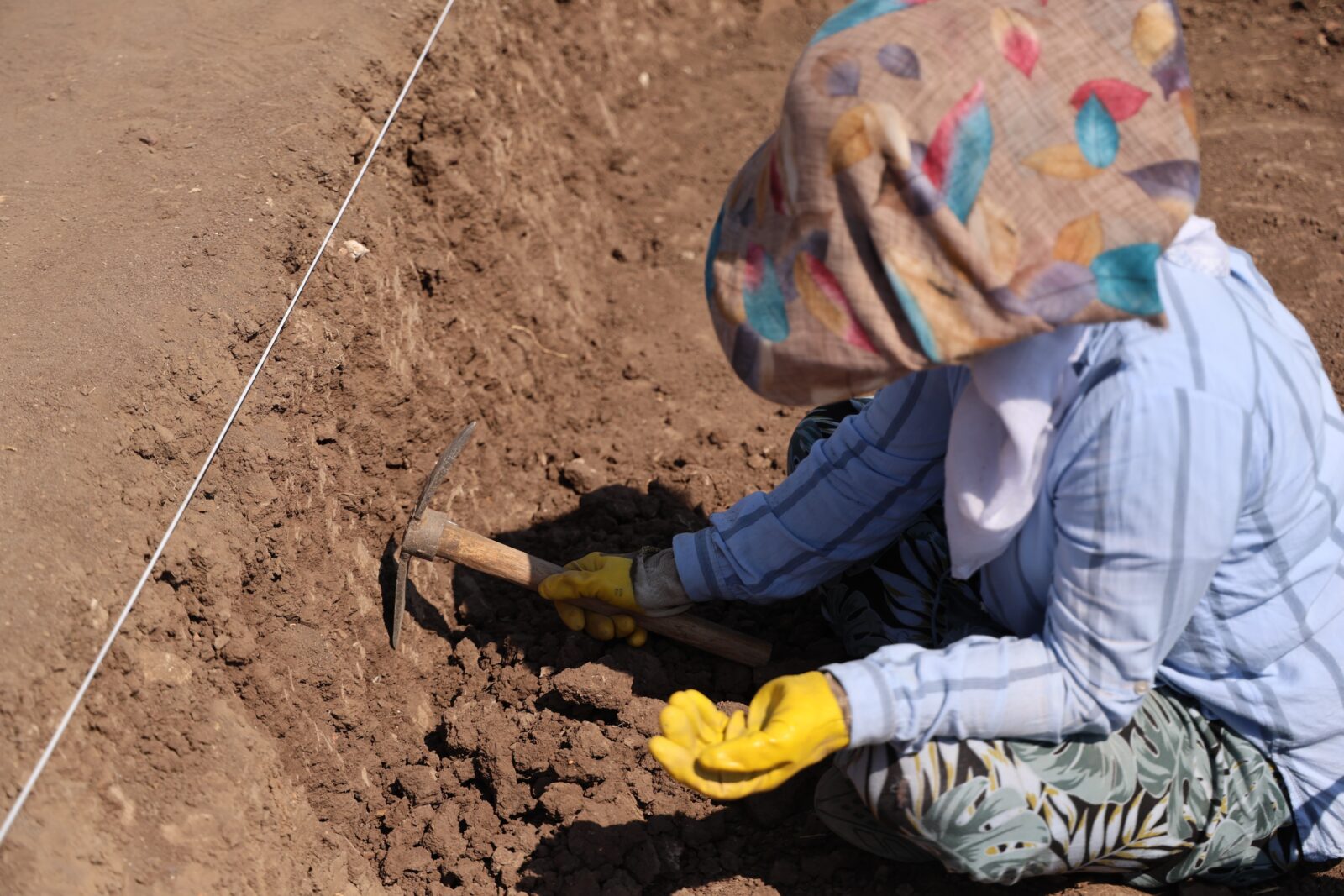
As Cayonu Tepesi remains at the forefront of archaeological research, it stands as a testament to human innovation and cultural evolution during the Neolithic period.
With ongoing excavations and research, this ancient site promises to enhance our understanding of early civilizations and contribute to the rich tapestry of human history in Southeast Anatolia.

